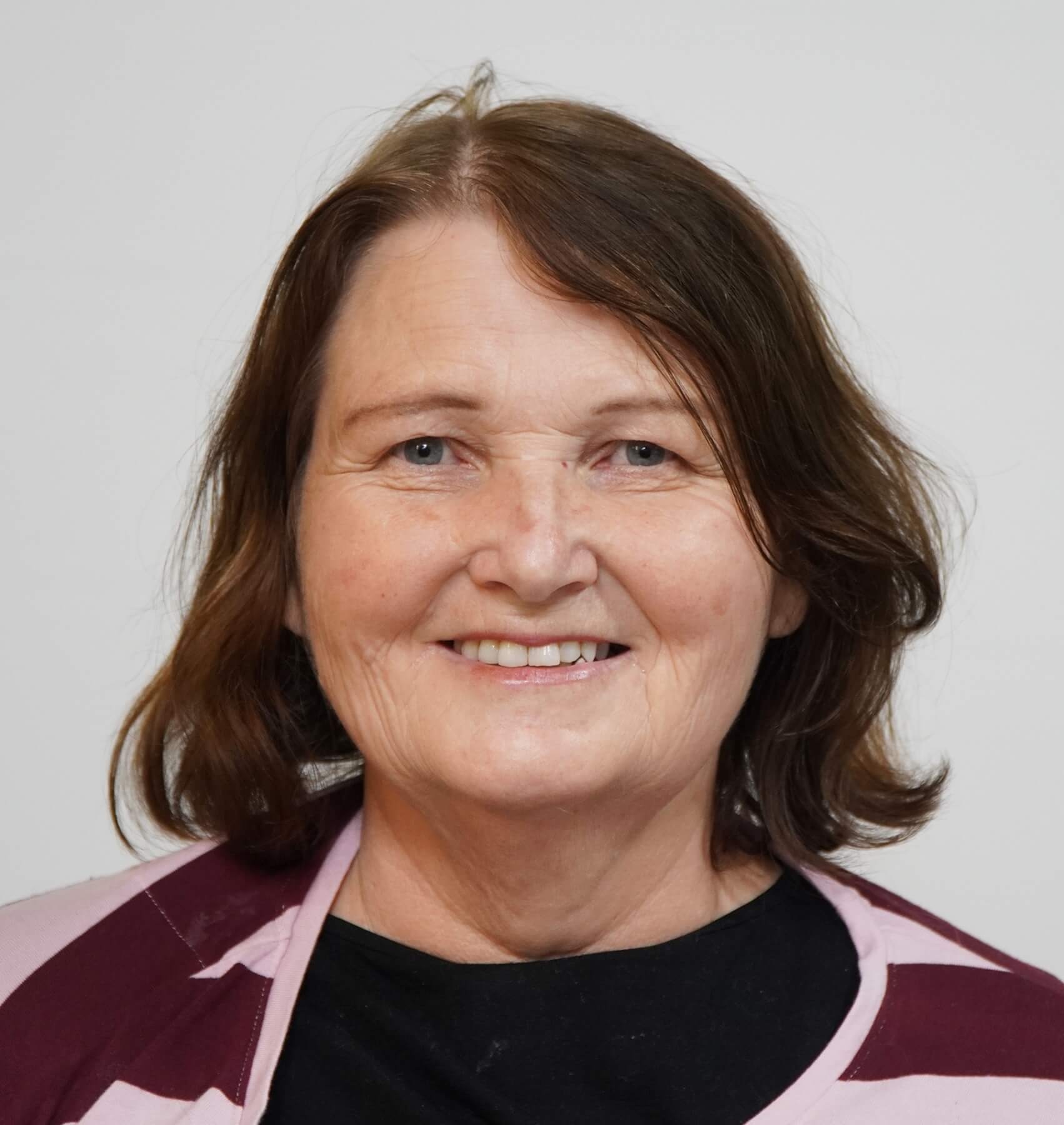
Cambridge Community Board

Karen Morris – 2025
Karen Morris – Cambridge Community Board
1. Should councillors sit on the two community boards or should it be just those elected to the board by the public for that specific role? (50 words)
Yes, councillors should sit on the community boards as provided for in the representation arrangements. This helps with communication flows between council and the community board. However, they must remember the two hats they wear and ensure they don’t dominate community board decision-making.
2. Would you support a Māori ward seat on the community boards? (50 words)
Yes, I would support this. The Māori ward seat has worked well for council and this would ensure that mana whenua have a voice at community board. That is positive.
3. Should the central business district be the main hub for retail and business or should the 15 minute neighbourhood strategy in Ahu Ake be adopted? (50 words)
Cambridge’s growth, past and future, means we need to look outside the town centre for supermarkets, shops and doctors. We don’t have space anymore. The 15 minute neighbourhood is great for those who choose to travel sustainably. As long as we also continue to ensure a vibrant town centre.
4. Community board chairs sat in on annual plan, long term plan and other council business during this term. Is that a good thing or it doesn’t go far enough? Te Kanohi representatives have speaking and voting rights at committee meetings, should community board chairs be allowed to have that also? (50 words)
I think this would be positive. It also assists good communication between council and the community board and that’s something I’m passionate about.
5. In the case of the Blue Blob in Cambridge and the Kihikihi Cycleway, the community boards weren’t consulted before it was too late. Should community boards be more involved at an earlier stage? (50 words)
The community board is close to its community so it can play a valuable role in things like this. If council wants to get good value out of its community boards it needs to be intentional about involving them early.
6. A member of the Cambridge Community Board was on the earlier Cambridge Connections project group but was sworn to secrecy and unable to report back to the board. Was that fair? (50 words)
What happened shows us this wasn’t good and it’s positive that council has now acknowledged the shortcomings of the Cambridge Connections project. I’m pleased that council is saying it will learn from those mistakes.
7. Community advisors were appointed during Covid and the position still exists today. Should they report more regularly through to community boards? (50 words)
It’s important that the community board regularly hears from key council staff working in the community, including the community advisors. This should be a regular part of the meetings. This will help the feedback loop and should grow trust and confidence.
8. What sort of decisions could community boards be involved with to take away pressure on councillors? More delegated authority? (50 words)
I don’t think the community board needs more delegated authority. But there needs to be more communication between them and council and council staff. The community boards need to be given early opportunity to input community ideas into Long Term Plans and Annual Plans. Then staff need to deliver.
9. Should community boards have more funding available for discretionary grants? (50 words)
It would be good to see the level of funding returned to what it was. It’s tough getting funding at the moment for good work. These grants go to groups in our communities who are doing fantastic work which the community board can see and regularly check in on.
10. Do you believe Waipā District Council should continue to have community boards? (50 words)
Yes. But this does need checking in on every now and then with a representation review. Community boards come at a cost so it’s important they create value. I think the Cambridge Community Board proved its value last year when things went wrong with Cambridge Connections.
See: Cambridge Community Board candidates – in their own words








